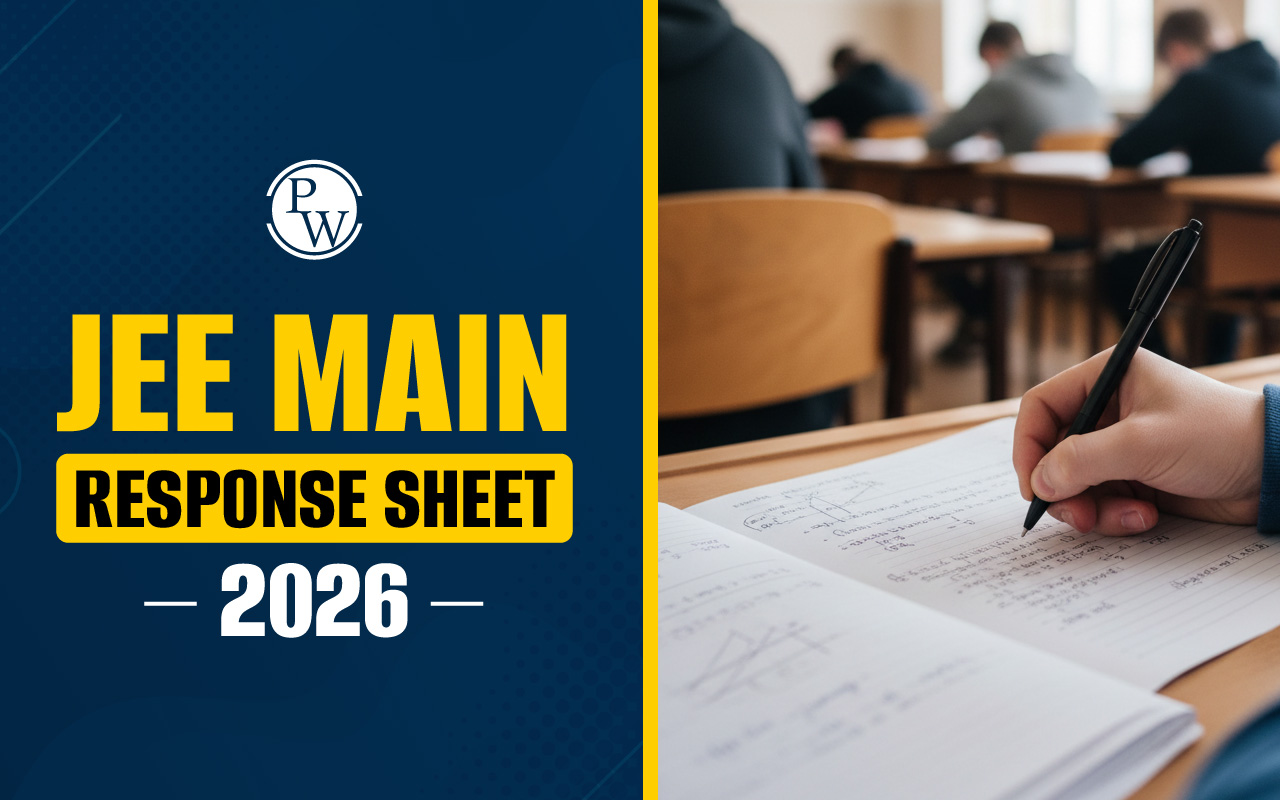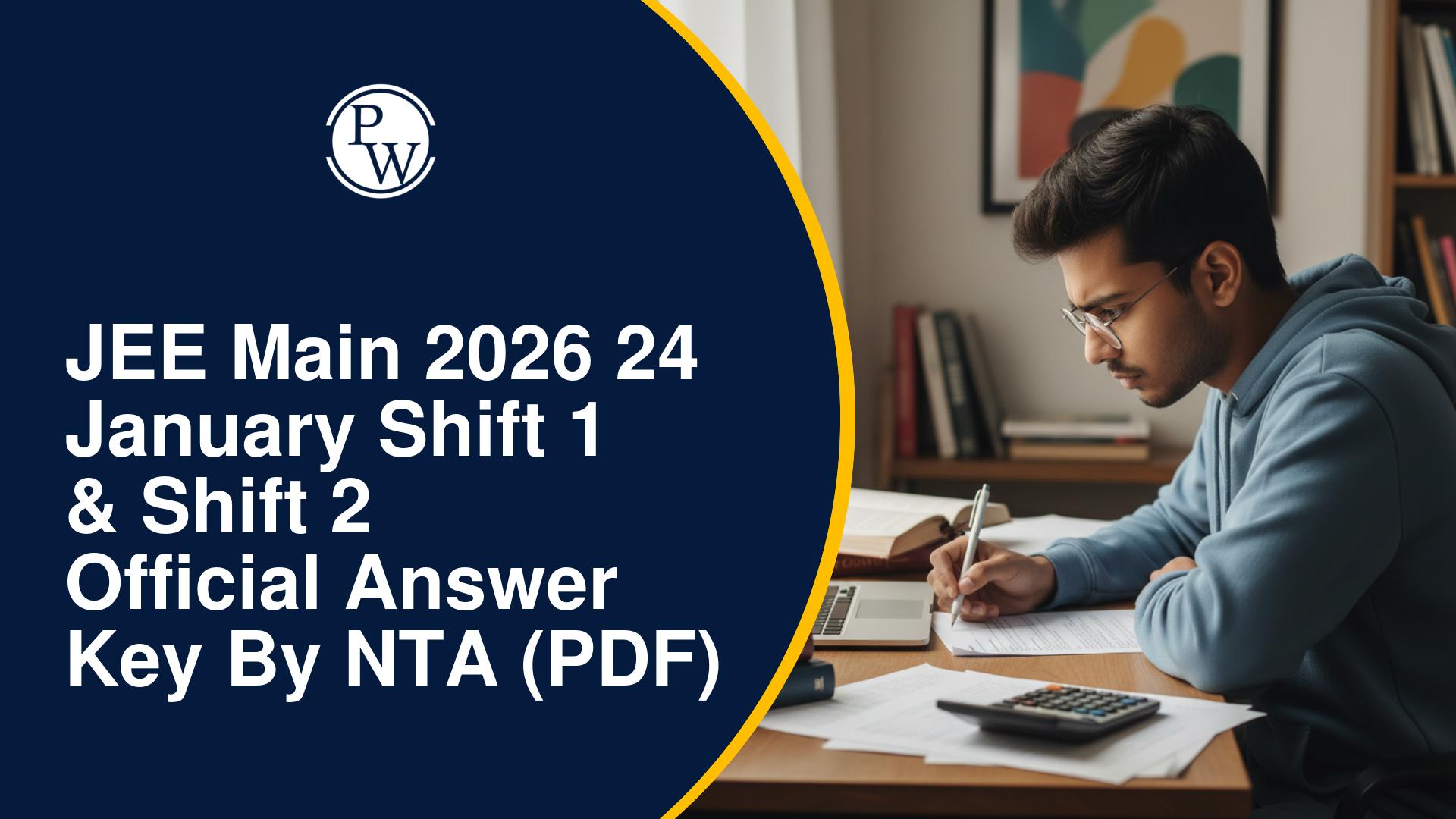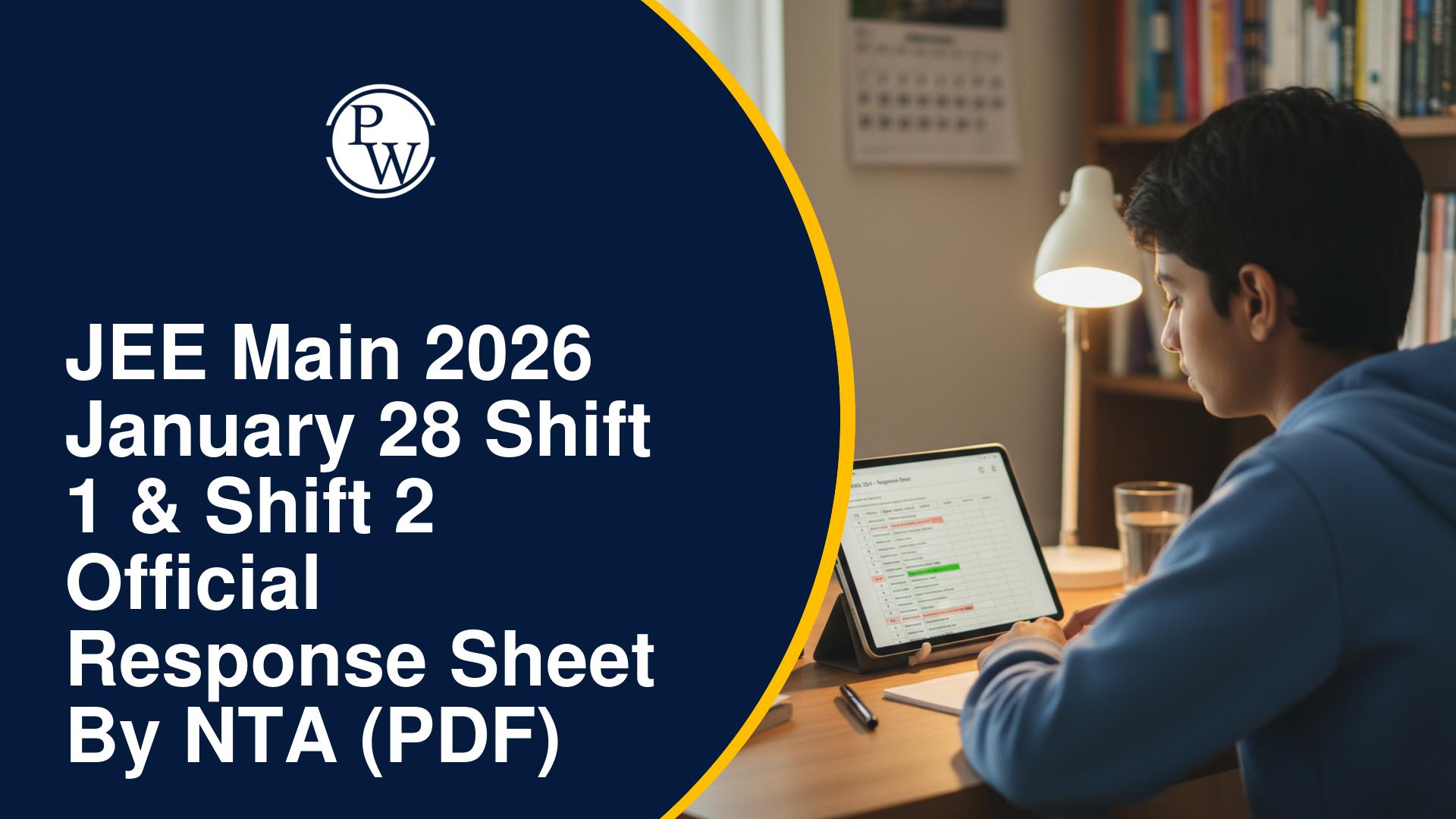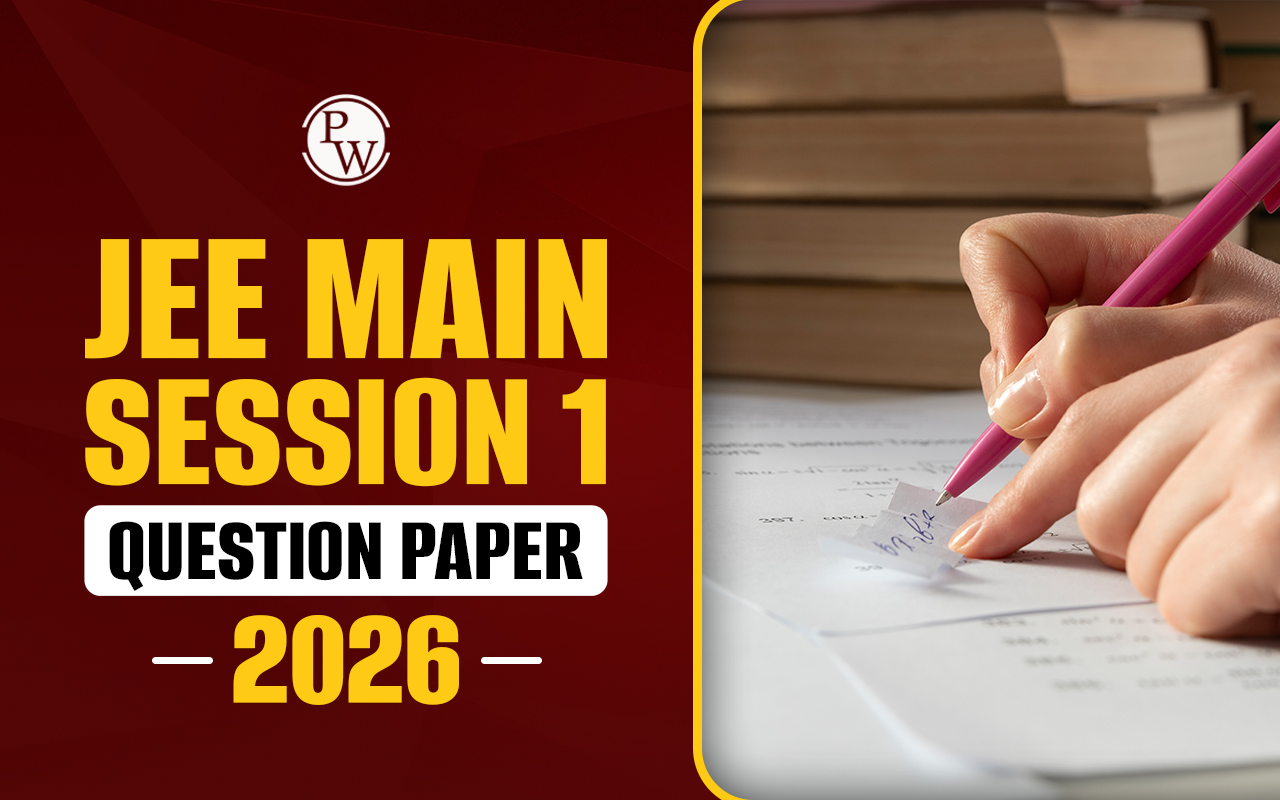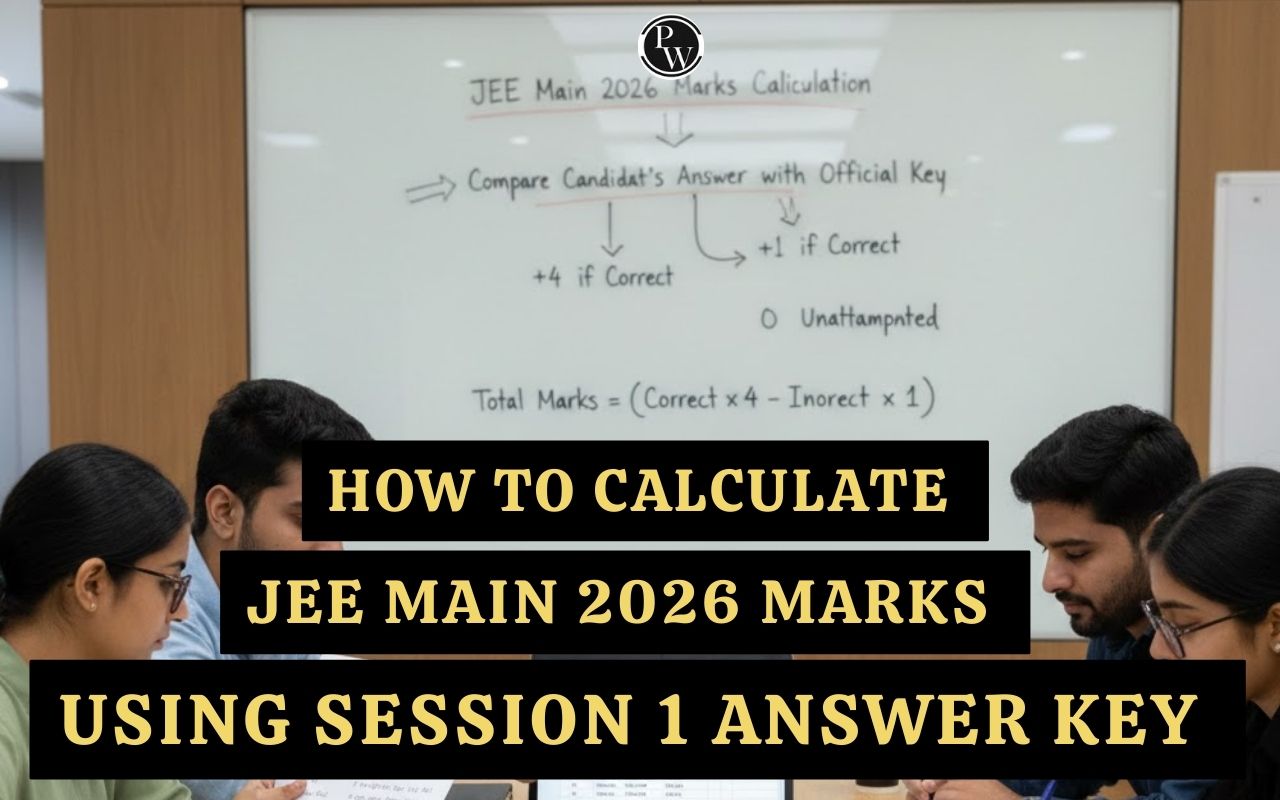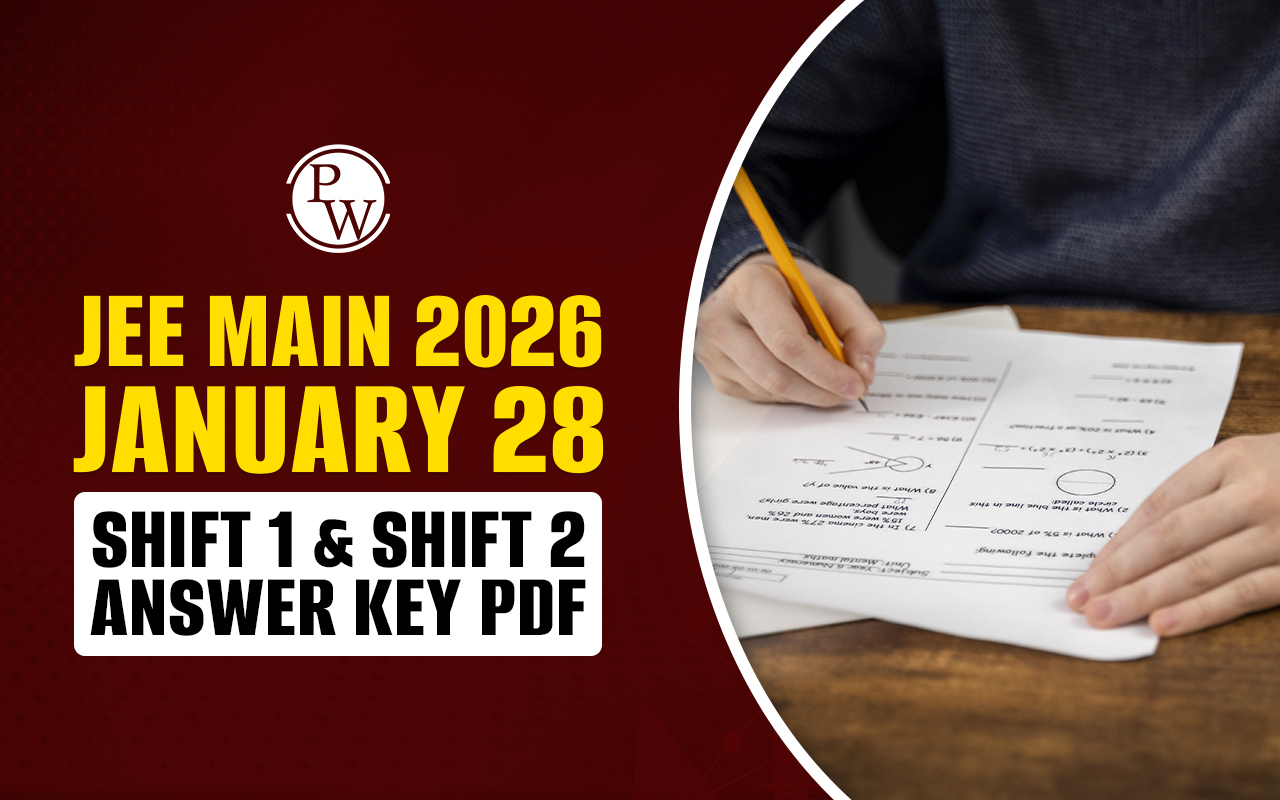
Kinetic Theory Of Gases and Thermodynamics JEE Notes are very helpful for JEE aspirants. Kinetic Theory of Gases describes the motion of molecules and how it determines macroscopic properties such as pressure, temperature, and volume. For JEE preparation, candidates are required to study gas laws like Boyle’s, Charles’s, and Avogadro’s along with molecular speeds, mean free path, and root mean square velocity. These concepts allow students to solve both conceptual and numerical questions efficiently.
Thermodynamics focuses on energy transfer through heat and work. JEE aspirants are required to understand the first and second laws, polytropic processes, and ideal heat engines. Knowledge of entropy changes, work done in various processes, and efficiency of cycles is essential for answering analytical questions in both JEE Main and Advanced examinations.
Kinetic Theory Of Gases And Thermodynamics JEE Notes Overview
Candidates can find topics related to kinetic theory of gases and thermodynamics in a structured manner with formulas, derivations, and important questions in the JEE notes. Candidates are recommended to link laws with practical problems while practising numerical calculations for better clarity.
Understanding each concept in depth aids in solving both direct and complex questions related to Kinetic Theory Of Gases And Thermodynamics JEE Notes. Here is a quick overview of the important topics related to these chapters:
|
Kinetic Theory Of Gases And Thermodynamics JEE Notes Overview |
|
|---|---|
|
Topic |
Key Points |
|
Gas Laws |
Boyle’s, Charles’s, Gay-Lussac’s, Avogadro’s, Dalton’s, Graham’s laws, Ideal gas equation |
|
Molecular Motion |
Mean square velocity, root mean square velocity, average and most probable velocity, mean free path |
|
Thermodynamics |
First law, second law, polytropic processes, isothermal, isobaric, isochoric, adiabatic processes |
|
Heat Engines |
Carnot engine, efficiency, work done, coefficient of performance of refrigerators and heat pumps |
|
Specific Heats |
Relation between (C_p) and (C_v), molar specific heats, ratio of specific heats (\gamma) |
|
JEE Focus |
Numerical problems, derivations, conceptual questions, entropy and energy transfer |
Note: Aspirants should connect the table entries with examples and solved problems to enhance understanding. It will help them clear their concepts easily.
Key Gas Laws and Molecular Concepts
Candidates should focus on fundamental gas laws, which form the basis of most numerical and conceptual questions in JEE. Understanding the conditions and relationships allows students to apply formulas effectively.
|
Key Gas Laws and Molecular Concepts |
||
|---|---|---|
|
Law |
Condition |
Relationship / Formula |
|
Boyle’s Law |
Constant m & T |
( P_1V_1 = P_2V_2 ) |
|
Charles’s Law |
Constant m & P |
( \frac{V_1}{T_1} = \frac{V_2}{T_2} ) |
|
Gay-Lussac’s Law |
Constant m & V |
( \frac{P_1}{T_1} = \frac{P_2}{T_2} ) |
|
Avogadro’s Law |
Constant P & T |
( \frac{V_1}{N_1} = \frac{V_2}{N_2} ) |
|
Graham’s Law |
Constant P & T |
( \frac{r_1}{r_2} = \sqrt{\frac{\rho_2}{\rho_1}} ) |
|
Dalton’s Law |
Mixture of gases |
( P = P_1 + P_2 + P_3 + \dots ) |
|
Ideal Gas Equation |
General |
( PV = nRT = k_B N T ) |
Note: Students are advised to visualise each law through derivations and examples to strengthen problem-solving skills.
Molecular Speeds and Mean Free Path
Understanding molecular velocities is important for calculations involving pressure and kinetic energy. Candidates are required to use formulas for root mean square, average, and most probable velocities while linking them with energy expressions.
|
Molecular Speeds and Mean Free Path |
|
|---|---|
|
Parameter |
Formula |
|
Mean square velocity |
( v^2 = \frac{v_1^2 + v_2^2 + \dots + v_N^2}{N} ) |
|
Root mean square velocity |
( v_{\rm rms} = \sqrt{\frac{3k_B T}{m}} ) |
|
Average velocity |
( v_{\rm av} = \sqrt{\frac{8 k_B T}{\pi m}} ) |
|
Most probable velocity |
( v_{\rm mp} = \sqrt{\frac{2 k_B T}{m}} ) |
|
Mean free path |
( l = \frac{1}{\sqrt{2} n \pi d^2} ) |
Note: Aspirants should practise applying these formulas in both gas law and kinetic energy problems.
Thermodynamics and Laws
Thermodynamics is one of the important topics in JEE examinations. Students are required to master the first and second laws, polytropic processes, and work calculations in different processes. Linking theory with numerical practice improves understanding and speed.
|
Thermodynamics and Laws |
|||
|---|---|---|---|
|
Process |
Definition |
P-V Relation |
Work Done ( W ) |
|
Isothermal |
Temperature constant |
( PV = \rm constant ) |
( W = nRT \ln \frac{V_f}{V_i} ) |
|
Isobaric |
Pressure constant |
( V \propto T ) |
( W = P(V_f - V_i) ) |
|
Isochoric |
Volume constant |
( V = \rm constant ) |
( W = 0 ) |
|
Adiabatic |
No heat exchange |
( PV^\gamma = \rm constant ) |
( W = \frac{P_i V_i - P_f V_f}{\gamma - 1} ) |
Note: Candidates are required to identify the type of process carefully before calculating work done or energy changes.
Thermodynamics JEE Important Formulas
The table below provides formulas that students should memorise and apply in numerical problems, derivations, and theoretical questions.
|
Thermodynamics JEE Important Formulas |
|
|
Concept |
Formula |
|
First law of thermodynamics |
( dQ = dU + dW ) |
|
Work done |
( dW = P dV ) |
|
Internal energy (ideal gas) |
( U = \frac{3}{2} nRT ) for monoatomic gases |
|
Relation of specific heats |
( C_p - C_v = R ) |
|
Carnot efficiency |
( \eta = 1 - \frac{T_c}{T_h} ) |
|
Heat engine work |
( W = Q_1 - Q_2 ) |
|
Coefficient of performance (Refrigerator) |
( b = \frac{Q_2}{W} ) |
Note: Students are encouraged to solve example problems using these formulas for better retention.
Laws Of Thermodynamics JEE Main Questions
Students are required to solve questions on the first and second laws of Thermodynamics. This includes calculations of work, heat, internal energy, and efficiency. Aspirants should also understand Clausius and Kelvin-Plank statements to answer theory questions effectively.
Entropy And Heat Engine JEE Advanced Problems
Entropy and heat engine problems are emphasised in JEE Advanced. Students are required to calculate entropy changes for various processes and solve Carnot cycle problems for work and efficiency. Understanding practical engine cycles supports analytical problem-solving.
Kinetic Theory Of Gases And Thermodynamics JEE Notes PDF
A Kinetic Theory JEE Notes PDF with Thermodynamics is available for students to download. It provides solved examples, step-by-step derivations, and practice questions for both Main and Advanced levels. Aspirants can use it as a revision and problem-solving tool. Here is the link to download Kinetic Theory of Gases and Thermodynamics JEE Notes PDF:
Kinetic Theory Of Gases And Thermodynamics JEE Notes PDF
Importance of Kinetic Theory Of Gases And Thermodynamics in JEE Papers
Candidates are required to integrate concepts of molecular motion with thermodynamic principles to solve numerical and analytical questions efficiently. Knowledge of these topics helps students attempt theory, derivations, and numerical problems involving gas behaviour, energy transfer, and heat engines.
Weightage of Kinetic Theory Of Gases And Thermodynamics in JEE Papers
Before attempting questions in JEE, aspirants are required to understand which topics have historically appeared more frequently. Analysing previous years’ papers helps in identifying high-focus areas for revision. Students should practise both conceptual and numerical problems to strengthen their preparation. Focusing on the weightage of Kinetic Theory and Thermodynamics allows candidates to allocate time effectively across topics.
|
Weightage of Kinetic Theory Of Gases And Thermodynamics in JEE Papers |
||
|---|---|---|
|
JEE Paper |
Type of Questions |
Focus Area |
|
JEE Main |
MCQs |
Gas laws, first and second laws, specific heat |
|
JEE Advanced |
Numerical & Conceptual |
Entropy, Carnot engine, polytropic processes, molecular speeds |
|
Both |
Theory & Problems |
Thermodynamic cycles, work done, heat transfer, efficiency |
Note: Candidates should focus on topics with higher historical weightage while practising previous years’ problems.
Kinetic Theory Of Gases And Thermodynamics JEE Notes FAQs
What is the Kinetic Theory of Gases?
Which gas laws are frequently tested in JEE?
What is the first law of thermodynamics?
How is Carnot engine efficiency calculated?
Why is thermodynamics important for JEE?


